illustration by Olivia Eckert
BY OLIVIA ECKERT
The coming of teenage political interest
The 2016 election has introduced discussion regarding some of the more controversial issues generation Y has seen in its time. With new, effective methods of communication, such as social media, these topics have suddenly been introduced to the younger citizens of America, including students at Canton High School.
“What this election did is it made our 17, 18, and 19 year-olds much more aware of our political climate,” observes business teacher, Matthew Pace. Political awareness among millennials, once a dream for our society, has proven to be less efficient than expected. Without the years of experience older generations have acquired, teens appear to be more prone to butting of heads.
The political disputes during the election were heavily polarized, and in its wake many students feel that it has left a prolonged effect on student relationships and the overall atmosphere. Students are once again divided between the question of the election’s impact on our school climate, and to what extent the climate has been damaged.
Those who saw a shift
Most teens, with their wit, passion, and uncompromising views, were eager to discuss the sweeping controversy. School halls and lunchrooms that were formerly filled with conversations about Kim Kardashian or the Steelers game are now infiltrated with talk of walls and emails. Socratic Seminars and other classroom discussions have become more heated in light of students sharing conflicting notions.
“These issues that are being brought up are so personal, are so moral, are so about ethics,” explains Kate Hynes, a junior at CHS. “You wonder how could they think this way.”
Teens can’t look past the views they associate with the t shirt or hat the acquaintance wears in the hallways. We’re told as kids to not judge a book by its cover, but what if its cover reads “I’m With Her” or “Make America Great Again”? The primitive judgement is inevitable.
“I hate saying I judge people by the shirt they’re wearing, but when you see a person wearing a shirt advocating for views you find uncompassionate or criminal , you associate that trait with the person,” Hynes observes.
The association of a peer with a morally opposing viewpoint makes relationships hard, and friends with distinctly opposing sides often naturally repel each other and feel a detachment of sorts. It’s often difficult to look past these difference. According to junior Sam Cotes, “It alters your view whether or not you want it to.”
From the perspective of many students, this political polarization has caused feelings of estrangement in our school. One student interviewed suggested that “The air feels different; it’s more hostile.”
Those who saw no shift
Not all students, however, feel this conflicting and hostile attitude. While many did see a momentary estrangement, some students see absolutely no long-term change in the relationships of students as a result of politics.
“[The result of the election] hasn’t impacted any of my relationships,” comments senior Nick Amrose. “Although it gets heated with today’s political climate, everything is usually settled by the end of the conversation.”
Once the election was over, most students would agree that the tension loosened a great deal despite lingering resentment. Many students believe there is no prolonged hostility and malice; it had been left behind with the election debates.
“While the election was going on there was much more tension between conservatives and liberals, but things have toned down quite a bit,” Nick notes.
Despite the lessening of pre-election tensions, many students feel aggravated by those who haven’t conformed to the results of the election yet. One anonymous student advises that “People need to accept the results and we should leave politics out of school because it’s too heated of a topic.”
So… Who won this debate?
For some the dynamic of Canton High seems to have been tampered with as a result of the election’s staggering controversy. However the rest of the students find no long term difference. This brings us to the question that ironically was asked throughout the election: Who is right? Has the dynamic of our school really changed, becoming more hostile and students becoming estranged? Or has it returned to its peaceful state, immune to the long term impact of controversy?
How do you feel? Was there a change in the dynamic and environment at Canton High post 2016 election? Post your thoughts in the comments below.
Categories:
Post Election Dynamics
February 28, 2017
2
0
More to Discover
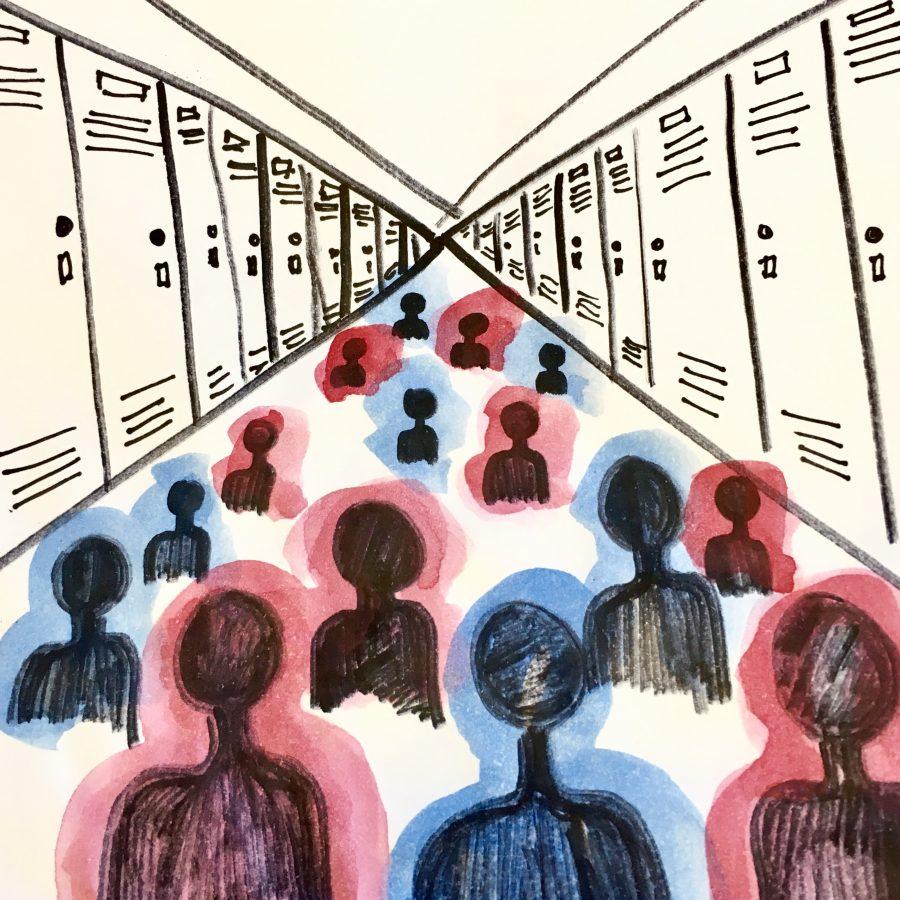


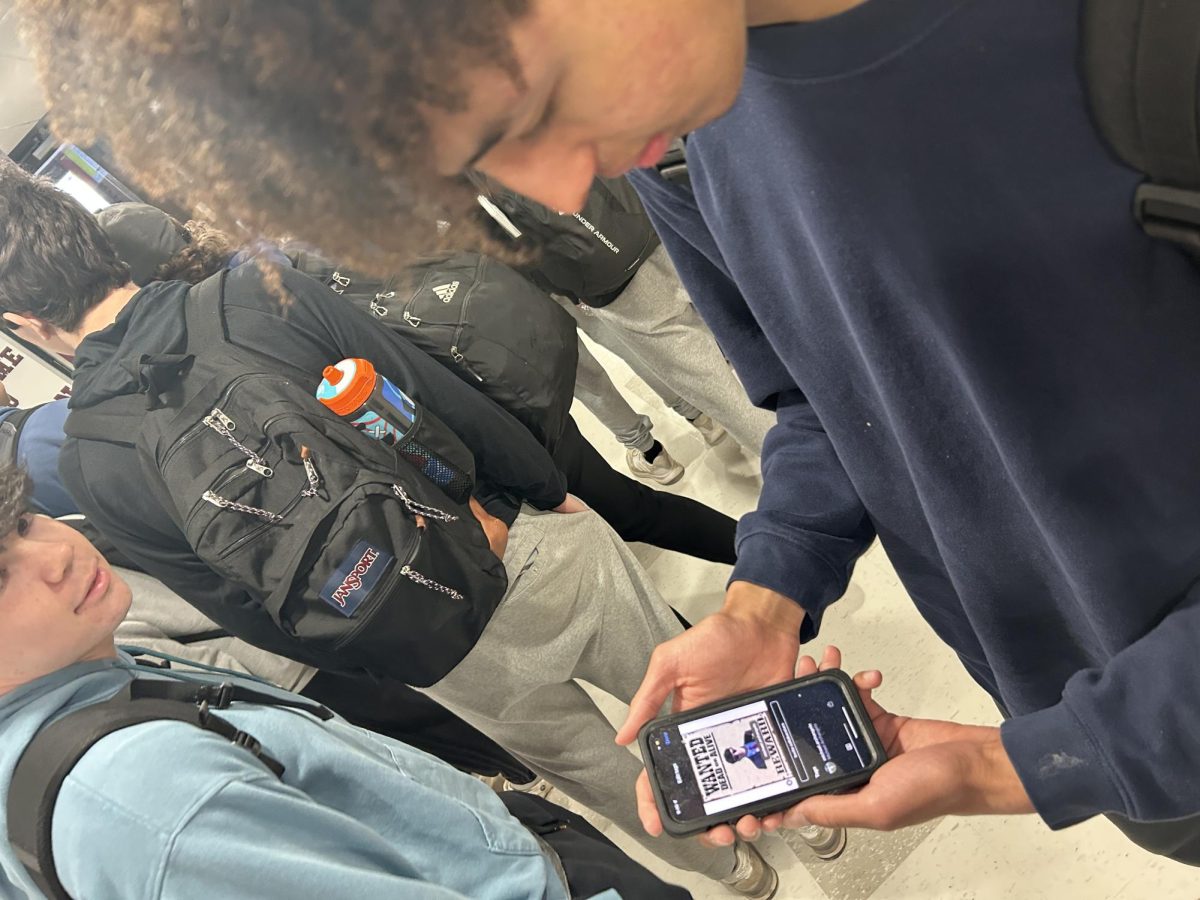
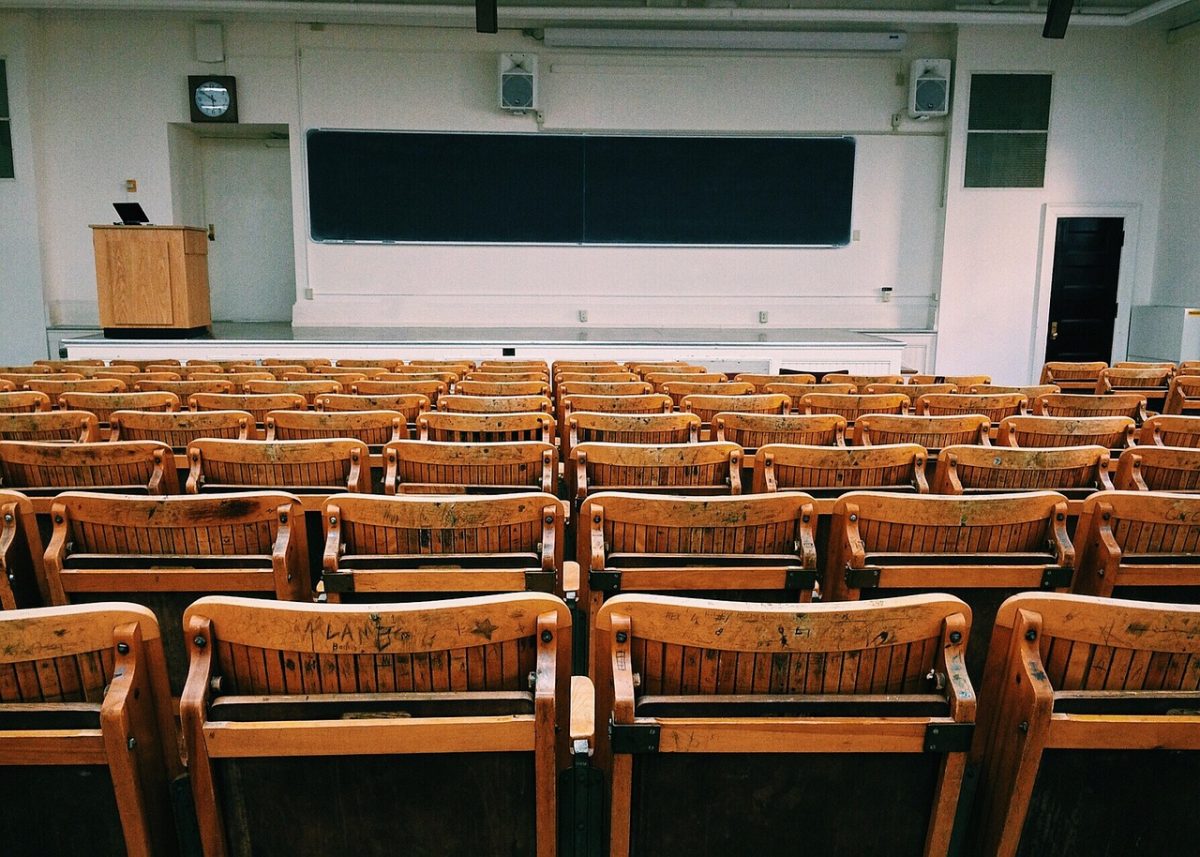

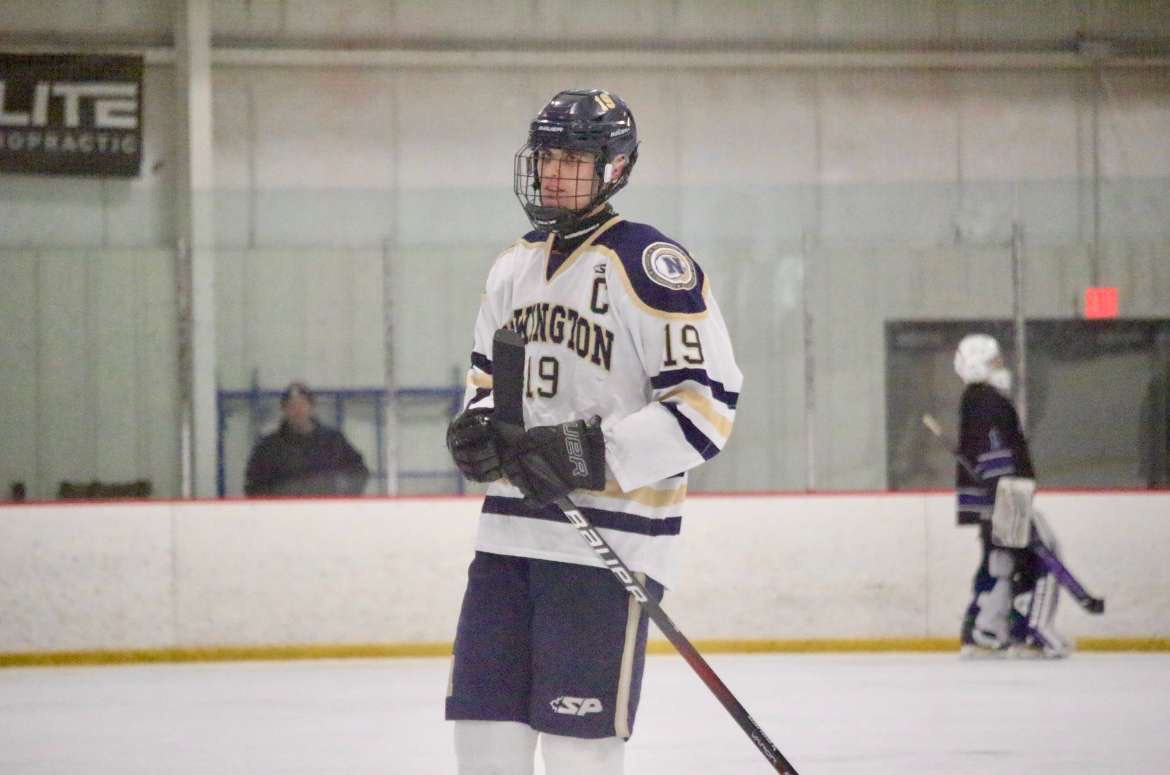
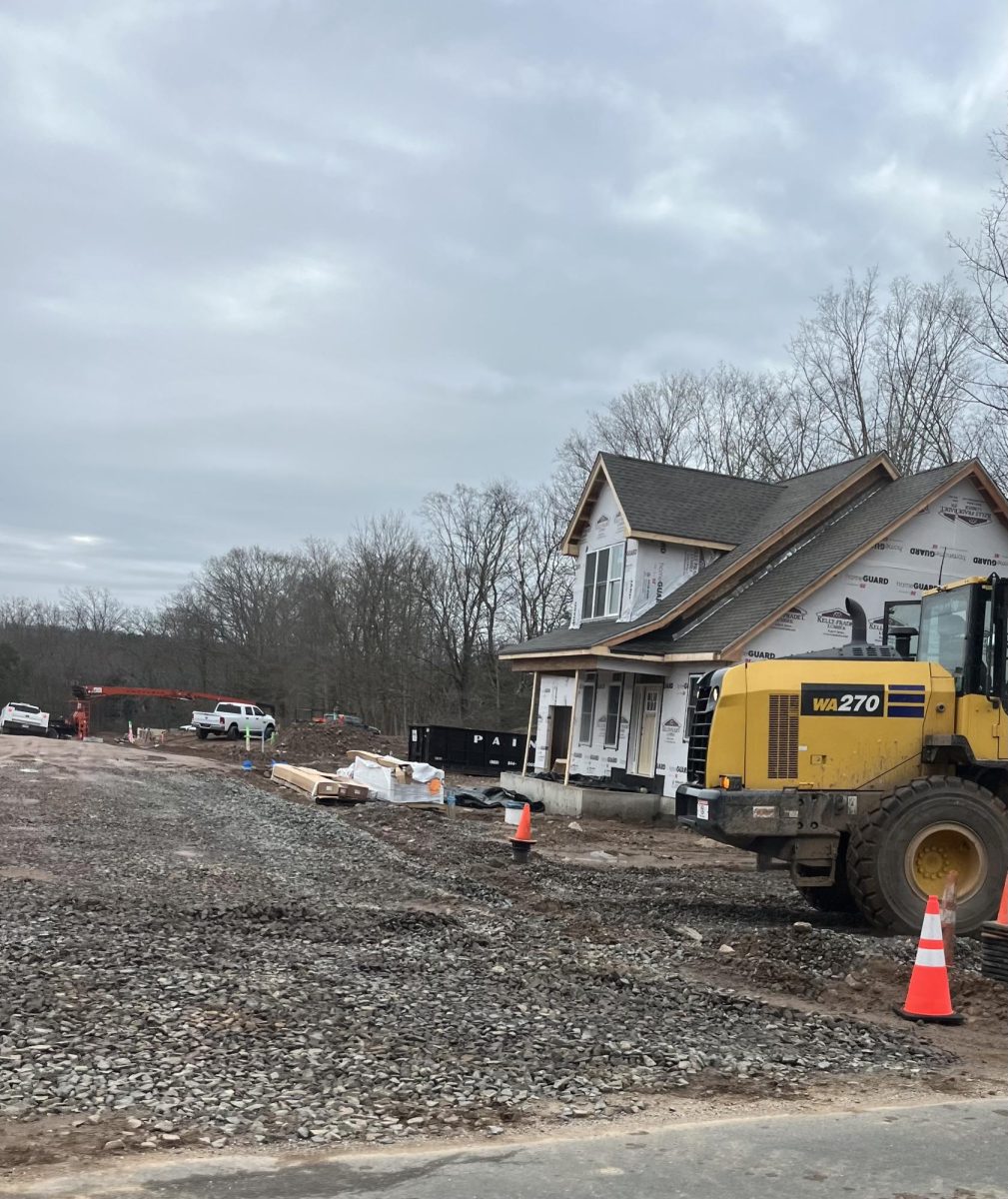
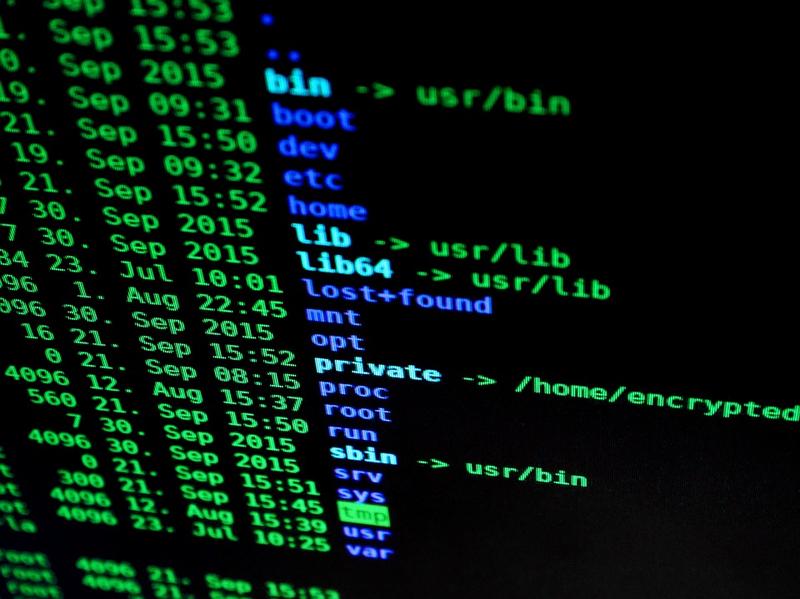
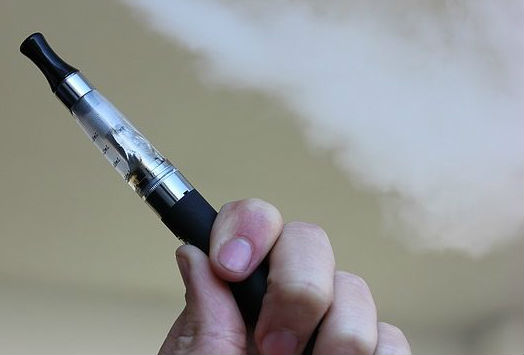
Shian Earlington • Mar 4, 2017 at 8:26 pm
I agree with you Maddie!
Maddie Brown • Mar 2, 2017 at 9:47 am
The school climate has defensively change and shows the different political views of students. Some days the climate isn’t bad, until somebody expresses their opinion on the election, and it soon becomes quickly heated. Showing how the school climate can be very dynamic, going from a peaceful space to a boiling pot of political dispute.